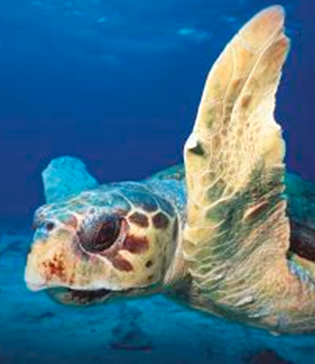Speaker
Dr
Maja Berden Zrimec
(biologist)
Description
Marine environment is facing declining ecosystem health and productivity. The ocean is the World’s largest ecosystem and plays a central role in supporting all life on Earth as well as provides a wide range of services and resources that directly support human health, societies and economies (Global Ocean Commission, 2014).
In 2014, European Commission stated that marine based economy is held back by a lack of information about the sea, the seabed and the life it supports. Increased knowledge of our seas will indeed promote growth, but based on the understanding of environmental dynamics and processes. In the case of seabed, the knowledge about habitats as well as seabed integrity is crucial to support biodiversity, functioning of the ecosystem and its sustainability.
By a frequent monitoring of the environmental status, we can address the lack of knowledge and subsequently achieve a good environmental status by prompt and relevant information, understandable to the coastal managers and stakeholders.
After realizing the environmental and economical importance of the seabed habitats (f.e. seagrasses), monitoring and classification have become widespread in many countries. Nevertheless, the knowledge remains deficient. One of the reasons for the lack of information are expensive, time-consuming and frequently quite complex research methods.
That's why monitoring of seabed and habitats is often limited to several sampling points, resulting in inadequate habitat and communities mapping. Such information may not suffice for an efficient evaluation and prediction of the impact of human activities as well as natural changes of the environment. The remote sensing, on the other hand, enables frequent monitoring of large areas, providing detailed information on seabed habitats. Geo-referenced data can be easily utilized for providing an easily accessible and interoperable maps of seabed habitats, and represent a good basis for a more detailed inspection directly on the field.
We will present our work on seabed habitats’ classification and monitoring by using several techniques of remote sensing, data processing and 3D modeling. We are currently working on automatization of the whole process, with the goal to simplify, optimize and make the monitoring process faster and cost-effective.
Author
Dr
Maja Berden Zrimec
(biologist)
Co-author
Dr
Sašo Poglajen
(Remote sensing)

